
This surgery is not for those who are slightly overweight like 6 to 10 kg from there ideal body weight. There are national and international guidenes which shows indication of bariatric surgery. For Asian population, person having BMI more than 32.5 kg/m2 can take help of bariatric surgery and person with uncontrolled type 2 diabetes, hypertension, OSA, dyslipidemia with BMI of 28.5 kg/m2 can take help of bariatric surgery. You can check your BMI here and find out your needs.

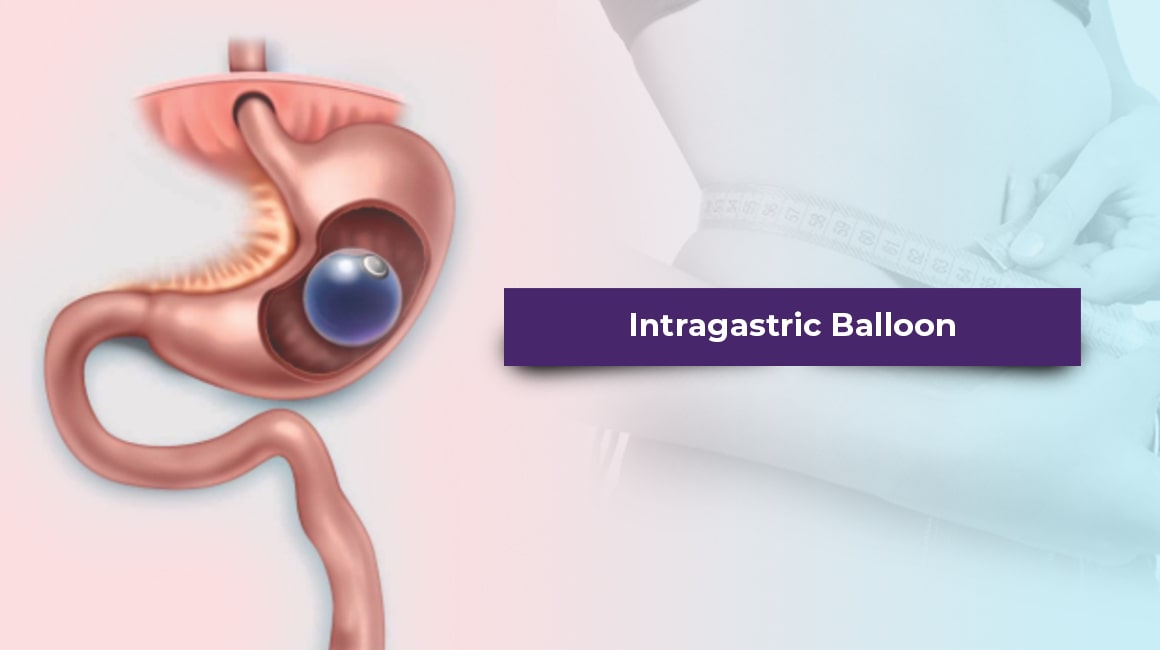
Gastric balloon also known as intragastric balloon is an endoscopic day care procedure in which a saline filled silicone balloon is temporarily placed in the stomach for 8-12 months. This helps to reduce weight by limiting the amount of food you eat and make you feel fuller faster. Once the balloon is removed from the stomach patients tend to regain weight and to maintain the results one has to adopt healthy lifestyle in the form of exercise and healthy diet.
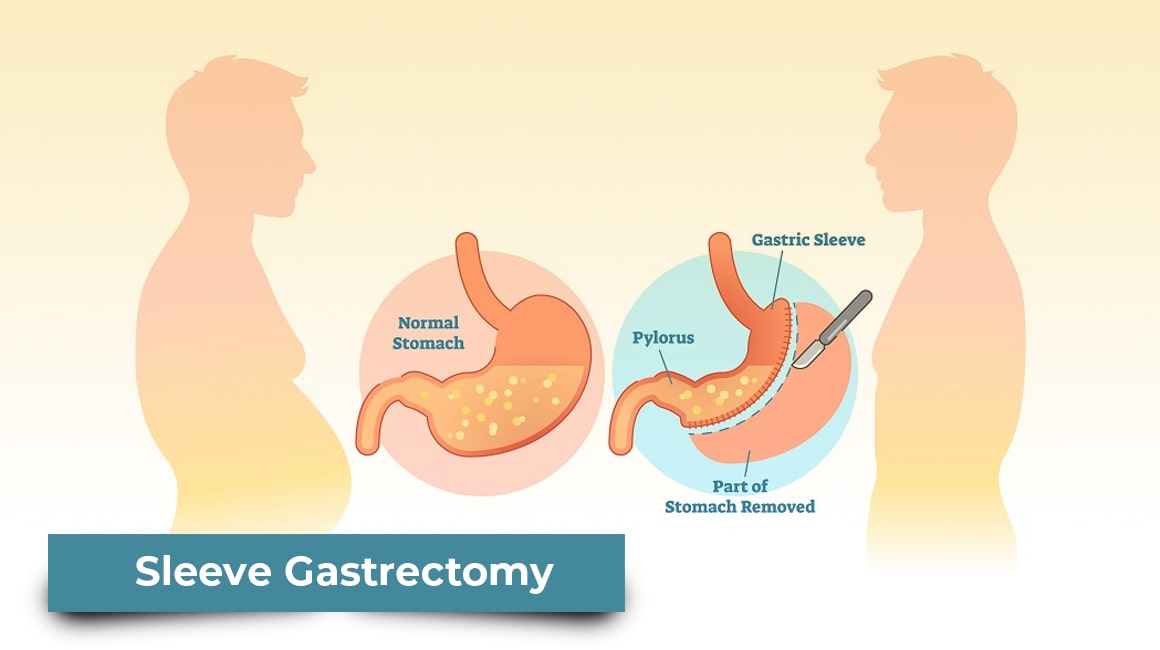
Laparoscopic sleeve gastrectomy is a weight loss procedure in which major part of stomach almost 2/3rd is removed from the body and a sleeve or banana size stomach is left. The basic fundamental on which this surgery works is restriction. In this procedure the size of stomach is reduced, so you feel full after eating small amount of food. This is irreversible procedure, this can’t be undone.
The result of LSG are very good for first few years, but as our stomach is of elastic nature, few patients regain the lost weight by increasing there hunger. Like any other bariatric surgery procedure this surgery needs commitment to adopt a healthy and active lifestyle for long term results in the form of regular workout and healthy diet.
This procedure is a combination of restriction and malabsorption. In this procedure two things are done, a small pouch is created from a big stomach and connected to the limb of small intestine called the Roux limb. In this surgery, surgeon reroute your digestive system by bypass the large part of the stomach and a small portion of your small intestine. The new stomach restricts the amount of food you eat, making you feel full after eating small amount of food and bypass of small intestine led to less absorption of calories and nutrients from the food you eat. There are again few commitment which patient has to adopt healthy lifestyle, healthy diet and supplements to avoid nutritional deficiencies.
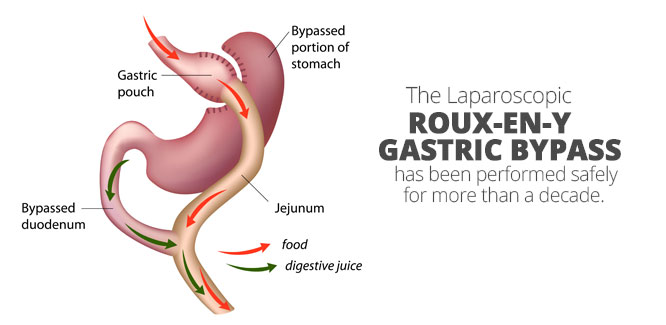
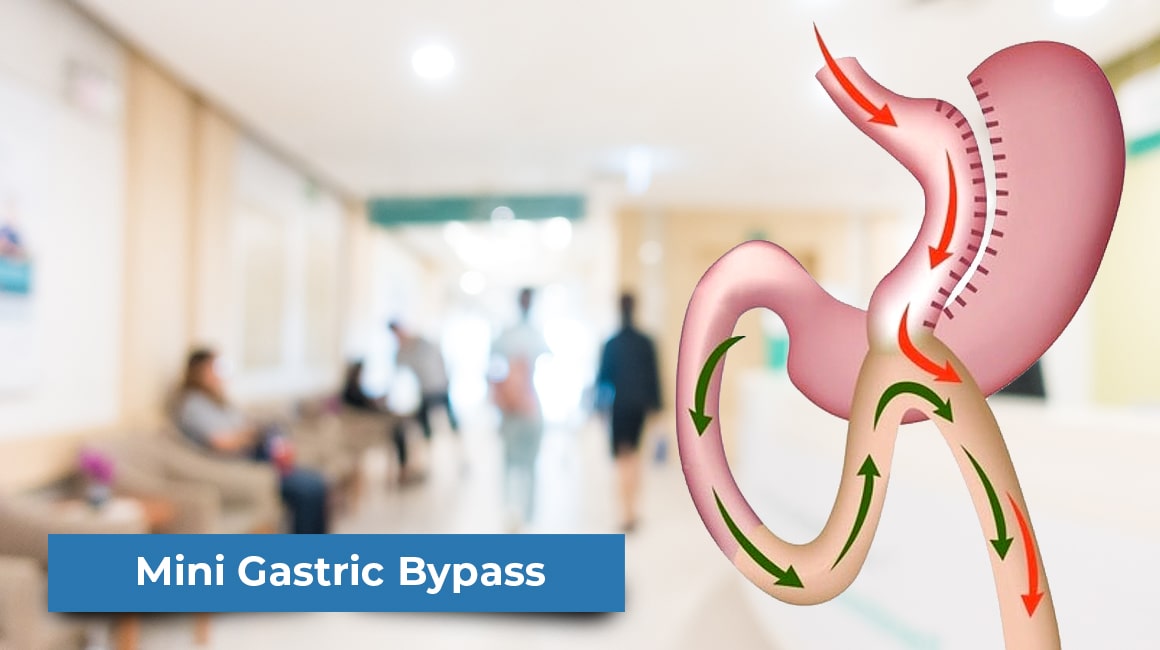
MGB is a simple and short bariatric surgery procedure, it is a combination of restriction and malabsorption. This is totally tailored made procedure. In this surgery two things are done firstly a long gastric tube is created from your big stomach so that you eat as per your height and secondly the main cause of obesity overabsorption is converted into malabsorption where some part of small intestine approx. 150-200 cm bypassed depending on obesity, medical condition, age, eating habit and physical activity. This is totally reversible procedure, one can get it undone at any phase of life as nothing is removed from the body. The beauty of MGB is you eat more than sleeve and Roux-en-Y but still get better and long term results.
After MGB patient has to be particular about vitamin and calcium supplements, healthy diet and some exercise to avoid muscle loss and maintain results for life time. Life long follow up is needed after MGB to avoid nutritional deficiencies and to ensure proper health.
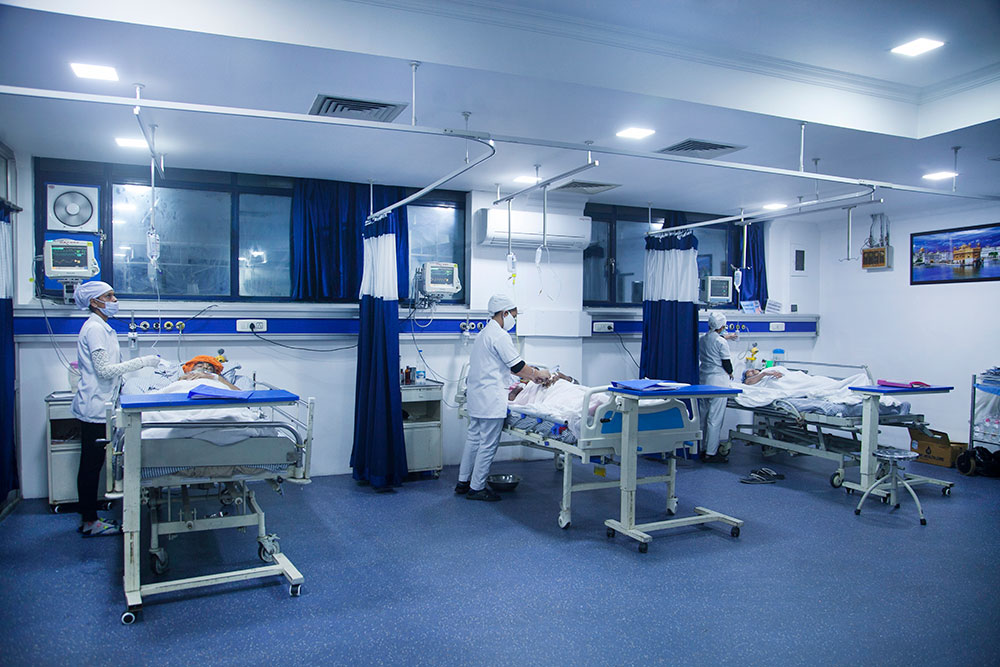
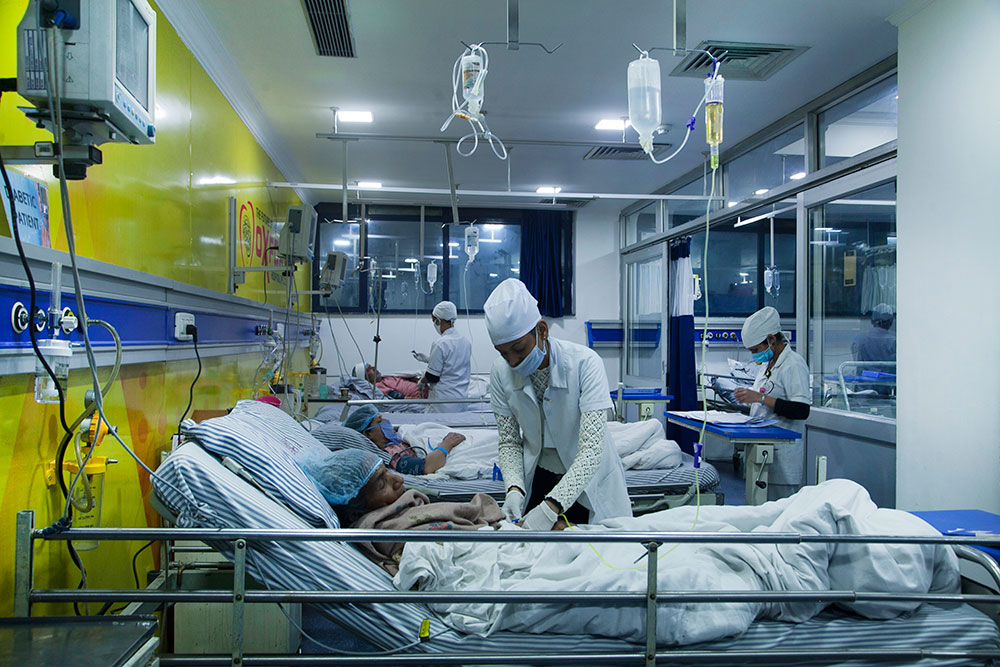
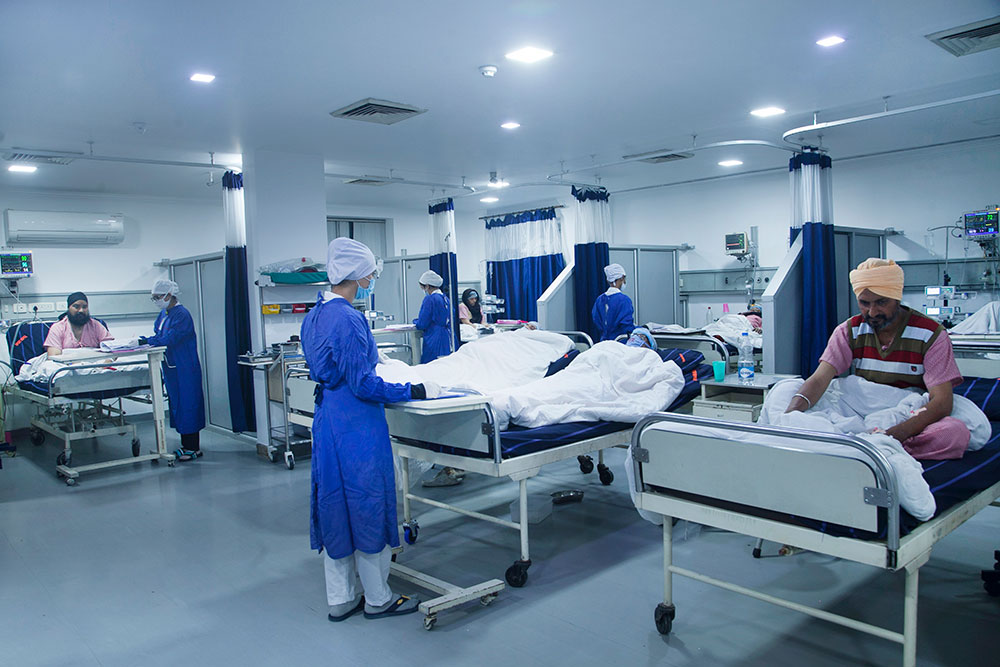
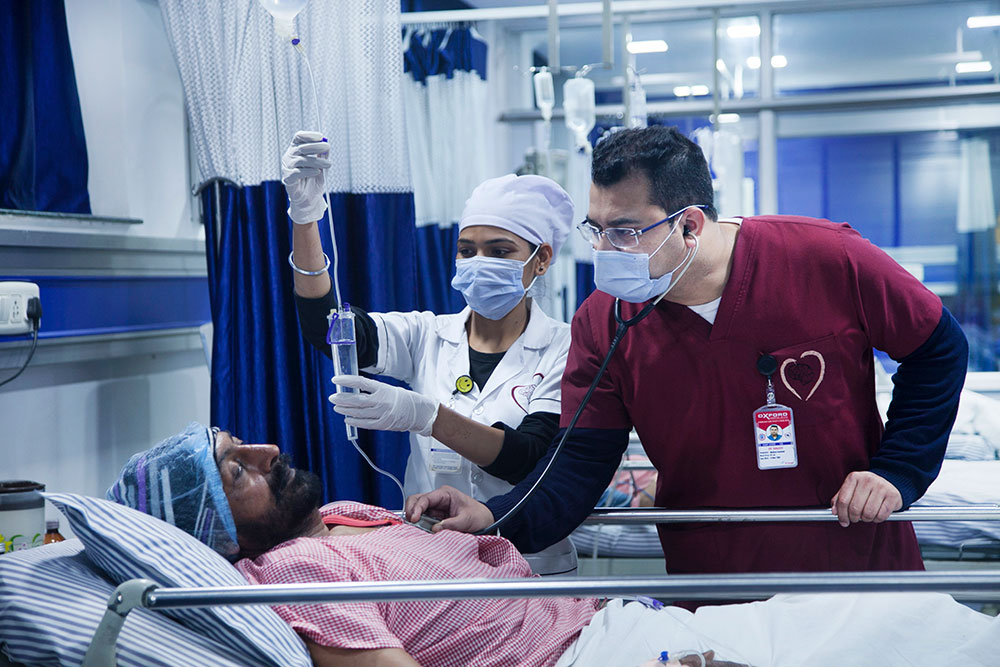
Years of Expertise
Heart Surgeries
Happy Patients
Diet plays a vital role after bariatric surgery. The long term success of the procedure depends on the dietary habits of the patient. After this one has to follow few instructions and learn a MINDFUL EATING CYCLE. By mindful eating cycle we means What to eat? How to eat? When to eat? How much to eat? Once a person learn this cycle, they will get long term results.
After bariatric surgery, one has to start with clear liquid diet for first few hours of the surgery, after that patient is shifted to thick liquids, then semi solid and finally shifted to normal diet within one month.
One has to take well balanced diet after the surgery. Good amount of protein (60 to 80 gm), healthy fats, complex carbohydrates and high fiber diet.